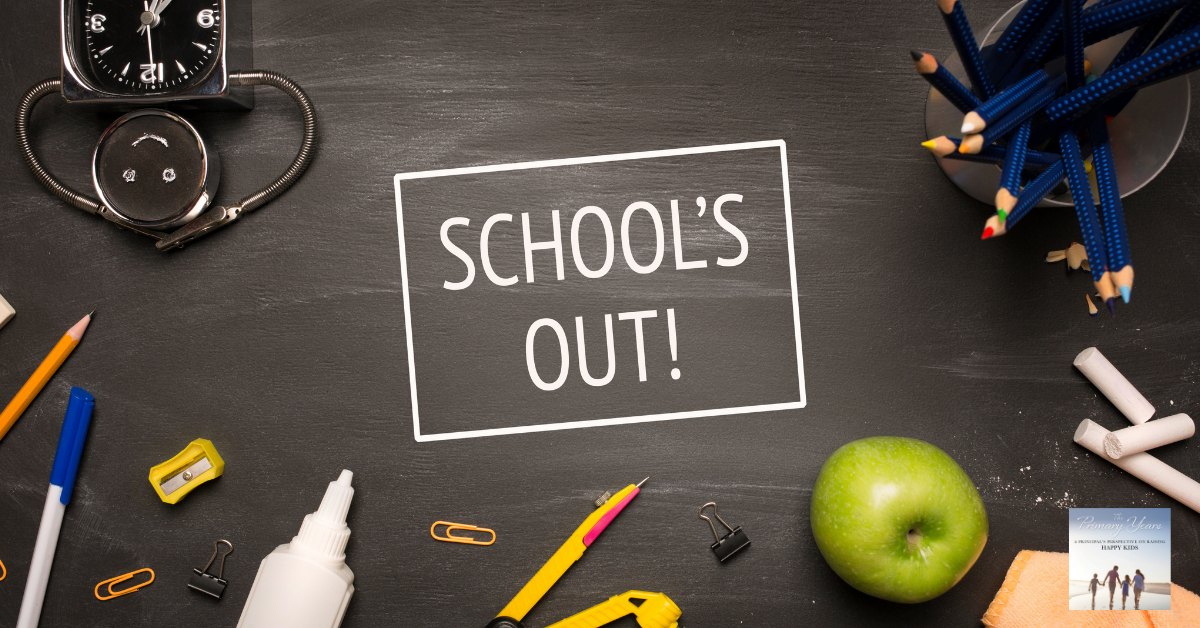The value of personal time
Did you find that you discovered some personal time? Did this personal space give you feelings of satisfaction? How can you keep some special time for yourself now that lockdown and our busy life returns? The more at peace you are, the greater feeling of stability for your child.
What have you learnt about yourself?
Did you learn something new about yourself during lockdown? Perhaps you found some creative aspect to your life that was enriching and life-giving. Can you find space in your life now to keep that precious gift alive and active in your reshaped world? When your child sees you grow, they are inspired for themselves.
The development of new family habits
Did you develop some wonderful habits or even rituals that you developed with your family? Is it possible to build them into your post lockdown world? Building family habits is reassuring and comforting to children as it is familiar.
What have you really learnt about your child?
As a family did you discover wonderful new aspects to your child. In quite uncomplicated times, there is much to discover about your child. Hold that thought and keep it in mind when busy and frustrating times creep into our life and dull our patience. It will help you better manage the difficult moments with your child.
The joy of keeping life simple
Did you discover that simple uncomplicated times can bring you much joy? Can you bring some of that uncomplication into your life now? This may mean some planned reconstruction as a family. Something may have to go!
Keep a record of what you want to cherish
Have you thought of writing down all the feelings and experiences that happened in lockdown that you cherished? Some of them may be precious moments with your child. Keeping a record gives you joy when you want to go back and reflect. It can also serve to remind you of what is possible in a simpler world.
Online learning and your connection to your child’s learning style
After all the home learning you probably now understand more about your child’s style of learning. Keeping up with reassuring them that you are interested and appreciate their learning, will give your child a greater sense of achievement, given your closer connection to their learning.
Keeping the connection strong and constant
The lockdown gave you a greater intimacy with your child. Can you build time for such intimacy, post lockdown? This may mean letting go of other things. Your child will certainly miss that strong connection post lockdown and will seek out that deeper relationship that they found comforting while at home.
The value of deeper listening
With more presence around your child during lockdown, did you notice how better you listened to your child with more interest, intent and less fatigue? Can you build in more personal listening time with your child in your post lockdown world? This will help them when they feel anxious about fitting into their new world.





